First Class Info About What Is Law 3 Formula
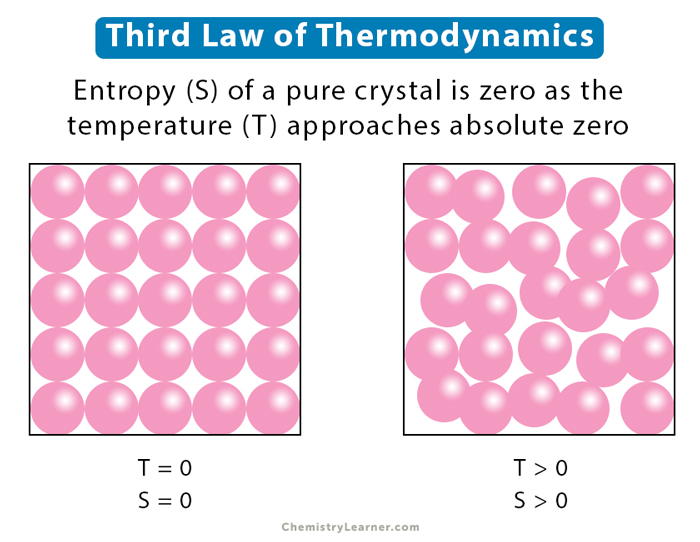
Third Law Of Thermodynamics Statement, Equation, & Example
Unlocking the Secrets of Law 3
1. Diving into the Heart of Law 3
Alright, let's get something straight right off the bat. When you hear "Law 3," your brain might immediately jump to dusty law books and courtroom dramas. But hold on! In many fields, particularly physics and even in some surprising aspects of business and personal development, Law 3 isn't about legal statutes at all. It's a shorthand term, often referring to Newton's Third Law of Motion. Which, trust me, is way more exciting than it sounds! (Unless you really love legal jargon, in which case, you do you.)
So, what is this mysterious Law 3 formula? In the context of Newton's Third Law, it's less about a complex formula and more about a fundamental principle: For every action, there is an equal and opposite reaction. Simple, right? But the implications are HUGE. Think about it every time you push against something, it pushes back with the exact same force. This principle governs everything from rockets launching into space to your everyday walk in the park.
Now, you might be thinking, "Okay, physics is cool and all, but what does this have to do with my life?" Well, surprisingly, quite a lot. The core concept of action and reaction pops up in various unexpected places. Consider interpersonal relationships, for example. You get what you give, right? Put out negativity, you're likely to receive negativity in return. Offer kindness, and you'll often find kindness coming back your way. This isn't some wishy-washy spiritual concept; it's the essence of Law 3 playing out in human interactions.
Even in the business world, understanding the principle of action and reaction can be incredibly valuable. A business that consistently provides excellent customer service is likely to receive customer loyalty in return. A company that mistreats its employees may find itself facing high turnover and low morale. The universe (or, you know, the market) has a way of balancing things out. Law 3, in its essence, is a reminder that our actions always have consequences, whether we intend them or not.

Chemistry Resources 3 GlancyChem
Newton's Third Law
2. Decoding the Physics Behind It All
Alright, let's talk physics. Newton's Third Law of Motion, often called Law 3, is one of the foundational principles of classical mechanics. It's usually stated something like this: "When one body exerts a force on a second body, the second body simultaneously exerts a force equal in magnitude and opposite in direction on the first body." Clear as mud? Let's break it down.
Imagine you're standing on a skateboard and you push off a wall. You move forward, right? That's because you're exerting a force on the wall. But, according to Law 3, the wall is also exerting a force on you, pushing you forward on the skateboard. The forces are equal in size, but they act in opposite directions. That's the key!
It's crucial to understand that these forces act on different objects. The force you exert is on the wall, and the force the wall exerts is on you. If they acted on the same object, they would cancel each other out, and nothing would move. That's why you need an external force, like pushing off the wall, to get things going. Think of a rocket engine. The rocket expels hot gases downwards (the action), and the gases exert an equal and opposite force upwards on the rocket (the reaction), propelling it into space.
The brilliance of Law 3 lies in its universality. It applies to everything from macroscopic objects like cars and airplanes to microscopic particles like atoms. It's a fundamental law of nature that governs how objects interact with each other. So, the next time you see something move, remember Law 3. There's an equal and opposite reaction happening somewhere, even if you can't see it directly.
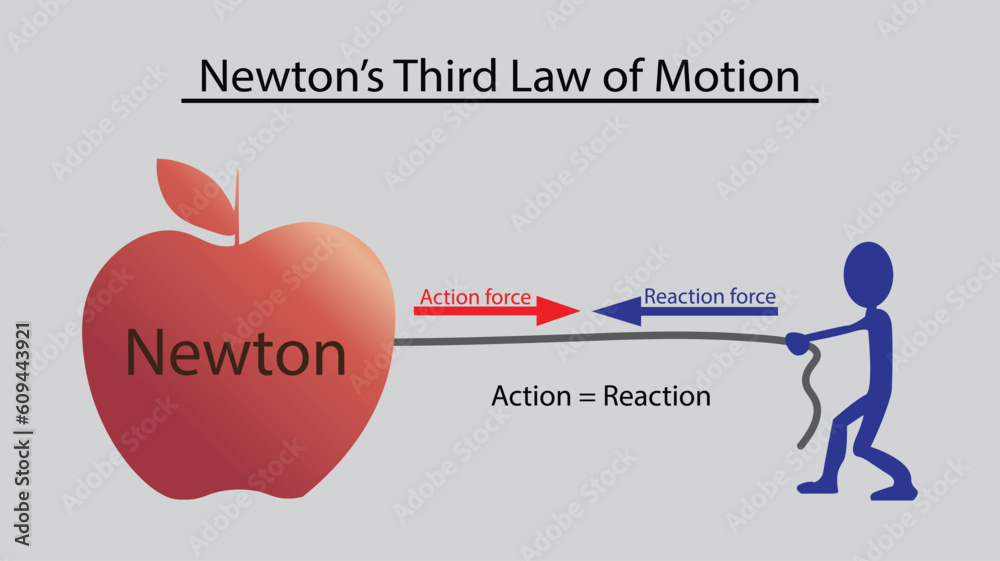
Illustration Of Physics, Newton's Third Law Motion, Gravity
Beyond Physics
3. Unexpected Applications of Action and Reaction
While Newton's Third Law might seem confined to the realm of physics textbooks, its core principle of action and reaction extends far beyond the laboratory. The concept of reciprocal relationships, where actions generate corresponding reactions, permeates various aspects of our lives, from social interactions to personal growth. It's about understanding that our actions have consequences, and that these consequences often mirror the nature of our actions themselves.
Consider the way you treat others. If you consistently demonstrate empathy, kindness, and respect, you're far more likely to receive those qualities in return. This isn't just some feel-good philosophy; it's a reflection of the fundamental principle of action and reaction. Conversely, if you consistently exhibit negativity, criticism, or disrespect, you're likely to encounter similar behavior from others. The universe (or, perhaps more accurately, human nature) has a tendency to mirror back what we project into it.
Even in the context of personal development, Law 3 can offer valuable insights. If you consistently invest effort into learning new skills, improving your health, or pursuing your goals, you're likely to see positive results over time. The effort you put in generates a corresponding reaction in the form of progress, growth, and achievement. Conversely, if you consistently procrastinate, make excuses, or neglect your responsibilities, you're likely to experience negative consequences such as stagnation, frustration, and missed opportunities.
The key takeaway is that our actions have power. They shape not only our own experiences but also the experiences of those around us. By consciously choosing actions that are aligned with our values and goals, we can create a positive ripple effect in our lives and in the world around us. Law 3, in this broader sense, is a call to be mindful of our actions and to recognize the profound impact they can have.
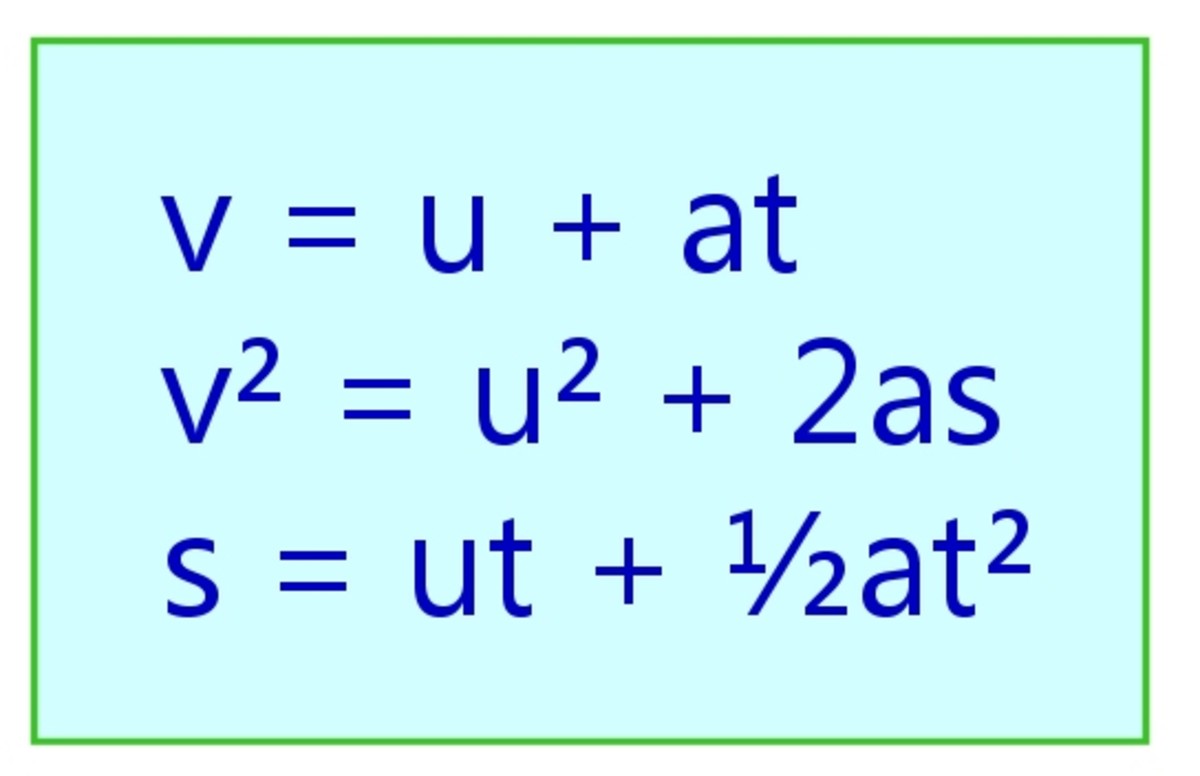
Business and Law 3
4. How Action and Reaction Shape Success
Believe it or not, the seemingly scientific concept of Law 3 action and equal, opposite reaction has significant implications for the business world. Companies often forget that every action they take, from product development to customer service, creates a reaction within the market and among their stakeholders. Understanding this dynamic is crucial for achieving long-term success and building a sustainable business.
Think about customer service. A company that consistently provides excellent, responsive, and empathetic support is likely to generate customer loyalty, positive word-of-mouth, and repeat business. These are all positive "reactions" to their initial "action" of prioritizing customer satisfaction. On the other hand, a company known for poor customer service, long wait times, and unhelpful representatives is likely to face negative reviews, customer churn, and damage to its reputation. The market, in this case, reacts negatively to the company's poor treatment of its customers.
Employee relations also fall under the purview of Law 3. A company that treats its employees with respect, provides fair compensation, and offers opportunities for growth is likely to attract and retain top talent, foster a positive work environment, and increase employee productivity. The positive "action" of valuing employees leads to positive "reactions" in terms of employee engagement and organizational success. Conversely, a company that mistreats its employees, offers low wages, and provides limited opportunities for advancement is likely to experience high turnover, low morale, and decreased productivity. Employees, like customers, react to the way they are treated.
Even marketing and advertising efforts are subject to the principles of Law 3. A company that creates honest, transparent, and valuable marketing campaigns is likely to build trust with its audience and generate positive brand perception. The "action" of providing genuine value leads to the "reaction" of customer trust and loyalty. However, a company that engages in deceptive advertising, makes false promises, or uses manipulative tactics is likely to alienate its audience and damage its brand reputation. The market, in this case, reacts negatively to dishonesty and manipulation. So, business owners can leverage law 3 for long term success.
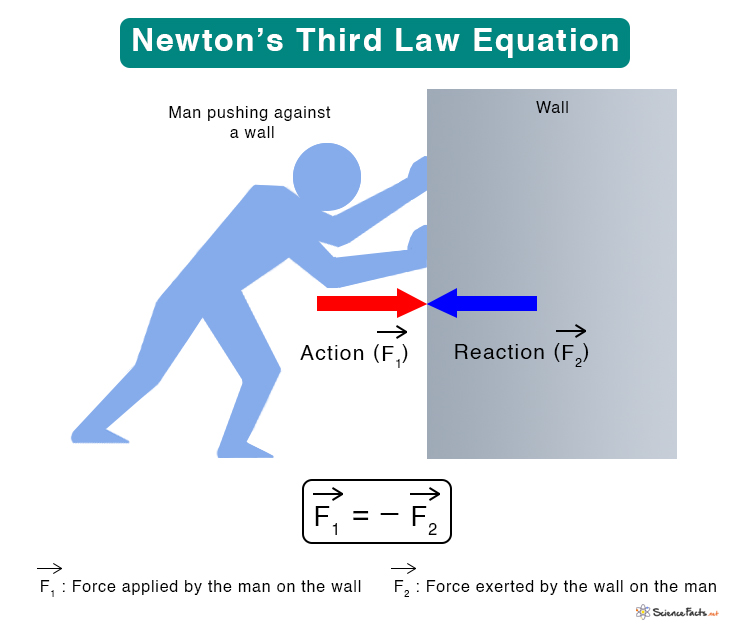
Law 3 and Personal Relationships
5. Applying the Principle of Reciprocity
The principle of "action and reaction" that forms the core of Law 3 isn't just a scientific concept or a business strategy; it's also a fundamental dynamic that shapes our personal relationships. Whether it's family, friends, or romantic partners, the quality of our connections often depends on the balance of give and take, the reciprocal exchange of effort, support, and affection.
Imagine a friendship where one person consistently takes without giving back. They always need favors, seek emotional support, or expect special treatment, but they rarely reciprocate when the other person is in need. Over time, this imbalance can create resentment, strain the relationship, and ultimately lead to its demise. The constant "action" of taking without giving eventually triggers a negative "reaction" in the form of frustration and disillusionment.
On the other hand, a healthy relationship is characterized by a mutual exchange of effort and support. Both individuals actively contribute to the well-being of the other, offering help, understanding, and affection without expecting anything in return. This constant "action" of giving generates a positive "reaction" in the form of strengthened bonds, increased trust, and greater emotional intimacy. The relationship thrives on the reciprocal exchange of positive energy.
Of course, it's important to acknowledge that relationships aren't always perfectly balanced. There will be times when one person needs more support than the other, and that's perfectly normal. However, the key is to maintain a general sense of reciprocity over the long term. Both individuals should feel that they are contributing equally to the relationship and that their needs are being met. This requires open communication, mutual respect, and a willingness to give as much as you receive. In essence, building strong personal relationships is about understanding and applying the principle of action and reaction in a mindful and compassionate way.
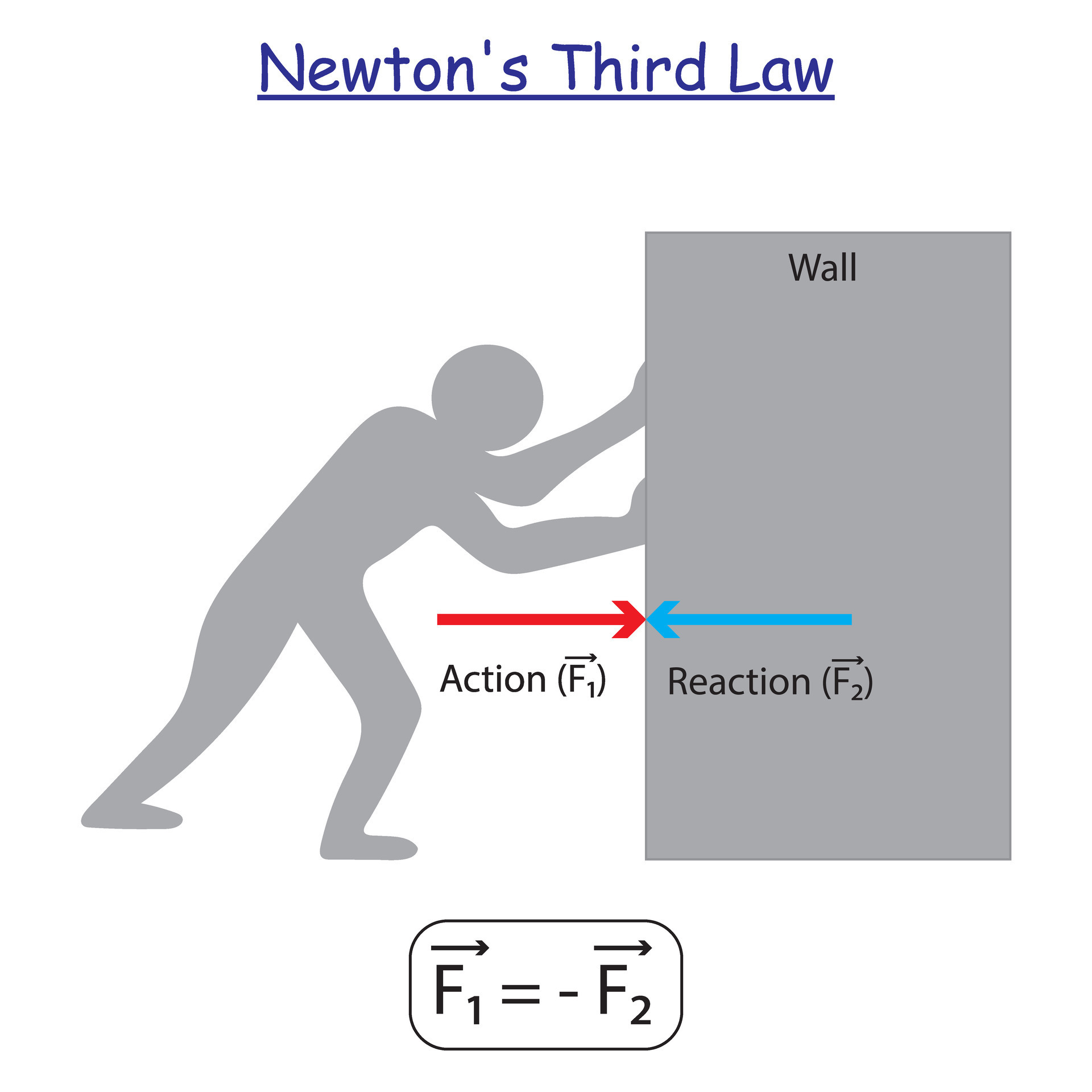
Newton's Third Law Experiment. Statement, Examples, And Equation. Study
FAQ
6. Your Burning Questions Answered
Still scratching your head about Law 3? Don't worry, it can be a bit confusing at first. Let's tackle some of the most common questions to clear things up.
7. Q
A: Nope! While it often refers to Newton's Third Law of Motion (action-reaction) in physics, the principle of action and reaction applies to many areas, from business and relationships to personal development. So, "Law 3 formula" can describe this underlying principle.
8. Q
A: That the action and reaction forces cancel each other out. They don't because they act on different objects! Remember the skateboard example? You push the wall (force on the wall), the wall pushes you (force on you).
9. Q
A: Be mindful of your actions! Think about the reactions you want to create. Treat people with kindness to receive kindness, put in effort to see results, and be honest to build trust. It's all about understanding that what you put out there tends to come back to you.
10. Q
A: Law 3 always works. However, its effect on an individual is not always guaranteed. Remember, in Physics Law 3 always works perfectly. In other application, you can not control how the reactions from the other. For example, you treat another kindly, in return the other person can not react well. But if we apply Law 3 to you, you will feel good and have positive emotion as reaction.